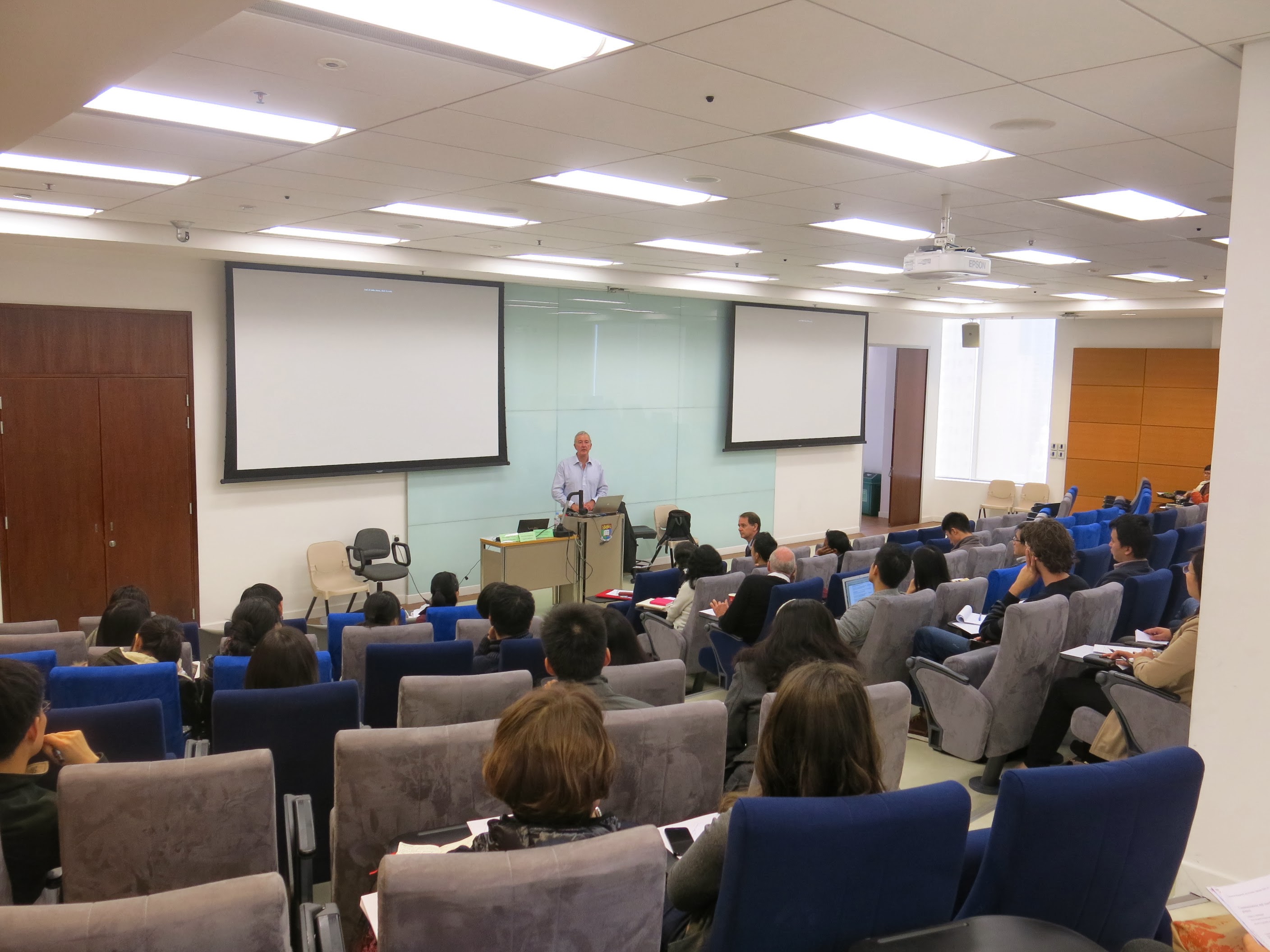Tag Archives: self-bias
Self-biases in perception and memory
[date]January 13, 2014[/date]
[time]15:00-16:30[/time]
[venue]Room CPD-3.28, Centennial Campus, The University of Hong Kong[/venue]
[speaker]Professor Glyn Humphreys, Oxford University[/speaker]
This workshop is part of Winter Institute 2014.
Description
There is much evidence indicating that humans are inherently self-biased, showing enhanced information processing for information relating to ourselves rather than other people. These bias effects can pervade even basic perceptual processes and are linked to the operation of particular brain circuits. These self-bias effects can also enhance memory for particular events – for example if we code them in relation to ourselves – and my own research has shown how these biases can be used to boot-strap learning in neuropsychological patients with memory problems. The possibility of using self-biases to enhance memory and learning more generally will be discussed.
About the Speaker
Glyn Humphreys is Watts Professor of Experimental Psychology and Principal Investigator for the CNN Lab. He has interests across many areas in visual cognition, spanning both cognitive and social neuroscience. Recent work has examined the ability to select stimuli by perceptual saliency, the role of learning in binding, the interaction between working memory, action and attention, covering a wide range of neuropsychological and including the development of new clinical screening instruments for detecting cognitive problems after brain injury. Glyn has received many honors, including the Spearman and President’s Medals from the British Psychological Society and also that society’s Cognitive Psychology Prize in 1998 and 2012, the Donald Broadbent Prize for cognitive psychology research from the European Society for Cognitive Psychology (2012), a Fellow of the Royal Society of Medicine, the Humboldt Foundation and the British Academy and a Life Fellowship of the Belgian Psychological Society in 1998 and the British Psychological Society in 2012.
[post slug="winter-institute-2014" subtitle="Related to"]



